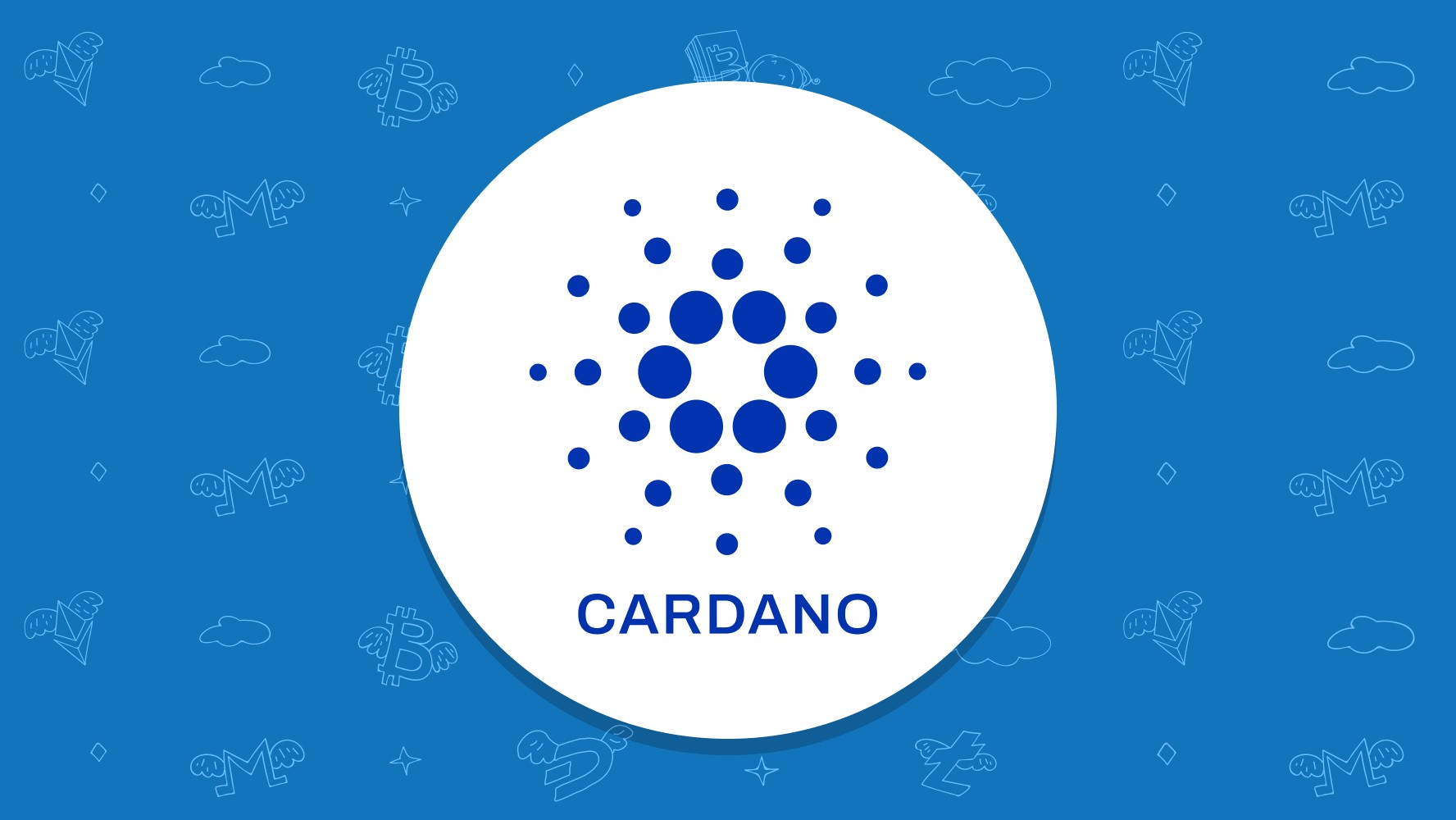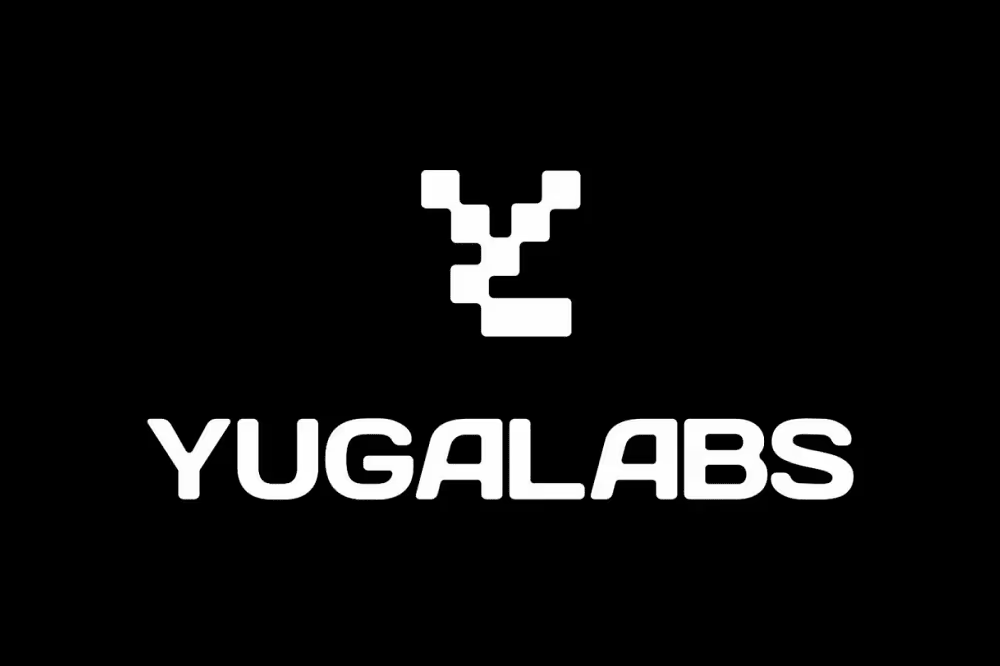Key Takeaways
- Digital identity and trust frameworks are becoming blockchain’s core enterprise drivers.
- Zero-knowledge proofs and hybrid identity models aim to reduce the 80% of breaches tied to credential compromise.
- Stablecoins and enterprise payments are expanding Cardano’s real-world utility.
- New accelerator programs, funds, and partnerships signal rapid ecosystem growth heading into 2026.
Cardano Summit Day Two Recap: Digital Identity and Trust Lead the Next Wave of Blockchain Adoption
Cardano closed the final day of its 2025 Summit in Berlin with one clear message: digital trust and decentralized identity will define blockchain’s enterprise future. From audit-ready ledgers to AI-powered digital agents, speakers emphasized that organizations must prepare now for a fast-approaching shift in global technology standards.
Decentralized Identity Emerges as the Enterprise Breakthrough
Cardano Foundation CTO Giorgio Zinetti opened Day Two by connecting lessons from Day One with the Foundation’s new Digital Trust Infrastructure report. Gartner’s Nick McQuire expanded the theme, identifying decentralized identity and disinformation security as the technologies set to reshape governance and finance beginning in 2026. He called blockchain a “huge opportunity” for verifiable, agent-to-agent auditing.
Also Raed: Cardano Midnight Upgrade: A Quantum-Resistant Game-Changer
Panels throughout the day reinforced this direction. Experts from GLEIF, Blockdaemon, and DL News highlighted that today’s fragmented identity systems are vulnerable—80% of breaches stem from compromised credentials. Zero-knowledge proofs, selective disclosure, and hybrid identity models were presented as the path toward widespread DID adoption by 2030.
Blockchain as the Foundation for Intelligent, Scalable Systems
Speakers showcased real-world enterprise use cases accelerating now. Plan.Net Group demonstrated its Masumi agent framework, calling Cardano “the best foundation for the agentic economy.” Meanwhile, Plastiks’ André Vanyi-Robin outlined the coming requirement for Digital Product Passports, a regulatory shift that blockchain is uniquely positioned to support thanks to its immutable, verifiable data layers.
Tokenance’s Ward Pennemans captured the urgency: “Data has to outlive systems—and companies.”
Stablecoins, Payments, and a New Global Infrastructure
From Mastercard to Crypto.com, a clear consensus emerged: stablecoins are moving far beyond cross-border transfers and entering payroll, treasury, and enterprise liquidity management. Mastercard’s Christian Rau emphasized that payments now have “more optionality than ever,” while ecosystem leaders stressed the importance of landing tier-1 stablecoins for Cardano’s 2026 roadmap.
Investment, Acceleration, and Cardano Expanding Ecosystem
Major announcements closed the summit. The Cardano Accelerator Program opened applications, a new Cardano x Draper Dragon ecosystem fund was revealed, and partnerships with Brale and Masumi expanded Cardano’s stablecoin and agentic AI landscape. CLX’s Monty Metzger also introduced Toto Finance, integrating Cardano into tokenized commodity infrastructure.
Also Read: Cardano Midnight Upgrade: A Quantum-Resistant Game-Changer
Cardano Positions Blockchain as Global Trust Infrastructure
Across identity, AI, payments, and enterprise use cases, the summit delivered a unified message: blockchain is evolving into a global trust layer, counterbalancing AI’s opacity and enabling verifiable, decentralized systems. With enterprise adoption accelerating behind the scenes, Cardano leaders stressed that the next era is not speculative—it’s already underway.




